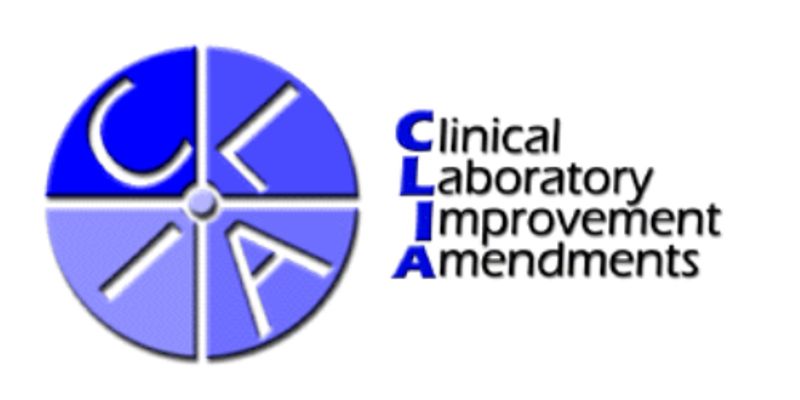CLIA
CLIA: (Clinical Laboratory Improvement Amendments) are United States federal regulatory standards that apply to all clinical laboratory testing performed on humans in the United States, except clinical trials and basic research.
-
Both cell free DNA (cfDNA) and circulating tumor cells (CTC) represent important possible templates for mutation analysis of clinical samples. Each template has different theoretical advantag...Speaker: Paul W. Dempsey, PhD
Over the last decade we have witnessed tremendous advances in our understanding of the underlying molecular alterations in human cancer. This has stimulated excitement for our ability to deve...
Speaker:
Peter Blume-Jensen, MD, PhD
AUG 20, 2014 | 10:45 AM
A recent publication in Nature Genetics1 analyzed TCGA data, and classified solid tumors into two mutually exclusive classes: C class tumors, driven by copy number alterations; and M class tu...
Pharmcogenomics (PGx) is the 2nd potential clinical application of genomic medicine, preceded by genomic application for cancer. In the recently published, 2012 Institute of Medicine report o...
Speaker:
Steven Wong, PhD, DABCC(TC), FACB
AUG 21, 2013 | 2:00 PM
Increasingly genome sequence knowledge is unraveling the complexity of rare Mendelian disorders offering hope for our children's medical care through better disease diagnosis and ultimately p...
AUG 21, 2013 | 10:00 AM
C.E. CREDITS
Massively parallel sequencing technology has proven to enable the identification of driver genetic alterations in patients' tumors that may be suppressed by targeted therapies. Through retros...
Our ability to view and alter biology is progressing at an exponential pace -- faster even than electronics. Next generation sequencing can be used to assess inherited, environmental and epi-...
Both cell free DNA (cfDNA) and circulating tumor cells (CTC) represent important possible templates for mutation analysis of clinical samples. Each template has different theoretical advantag...
Speaker:
Paul W. Dempsey, PhD
Over the last decade we have witnessed tremendous advances in our understanding of the underlying molecular alterations in human cancer. This has stimulated excitement for our ability to deve...
Speaker:
Peter Blume-Jensen, MD, PhD
AUG 20, 2014 | 10:45 AM
A recent publication in Nature Genetics1 analyzed TCGA data, and classified solid tumors into two mutually exclusive classes: C class tumors, driven by copy number alterations; and M class tu...
Pharmcogenomics (PGx) is the 2nd potential clinical application of genomic medicine, preceded by genomic application for cancer. In the recently published, 2012 Institute of Medicine report o...
Speaker:
Steven Wong, PhD, DABCC(TC), FACB
AUG 21, 2013 | 2:00 PM
Increasingly genome sequence knowledge is unraveling the complexity of rare Mendelian disorders offering hope for our children's medical care through better disease diagnosis and ultimately p...
AUG 21, 2013 | 10:00 AM
C.E. CREDITS
Massively parallel sequencing technology has proven to enable the identification of driver genetic alterations in patients' tumors that may be suppressed by targeted therapies. Through retros...
Our ability to view and alter biology is progressing at an exponential pace -- faster even than electronics. Next generation sequencing can be used to assess inherited, environmental and epi-...







